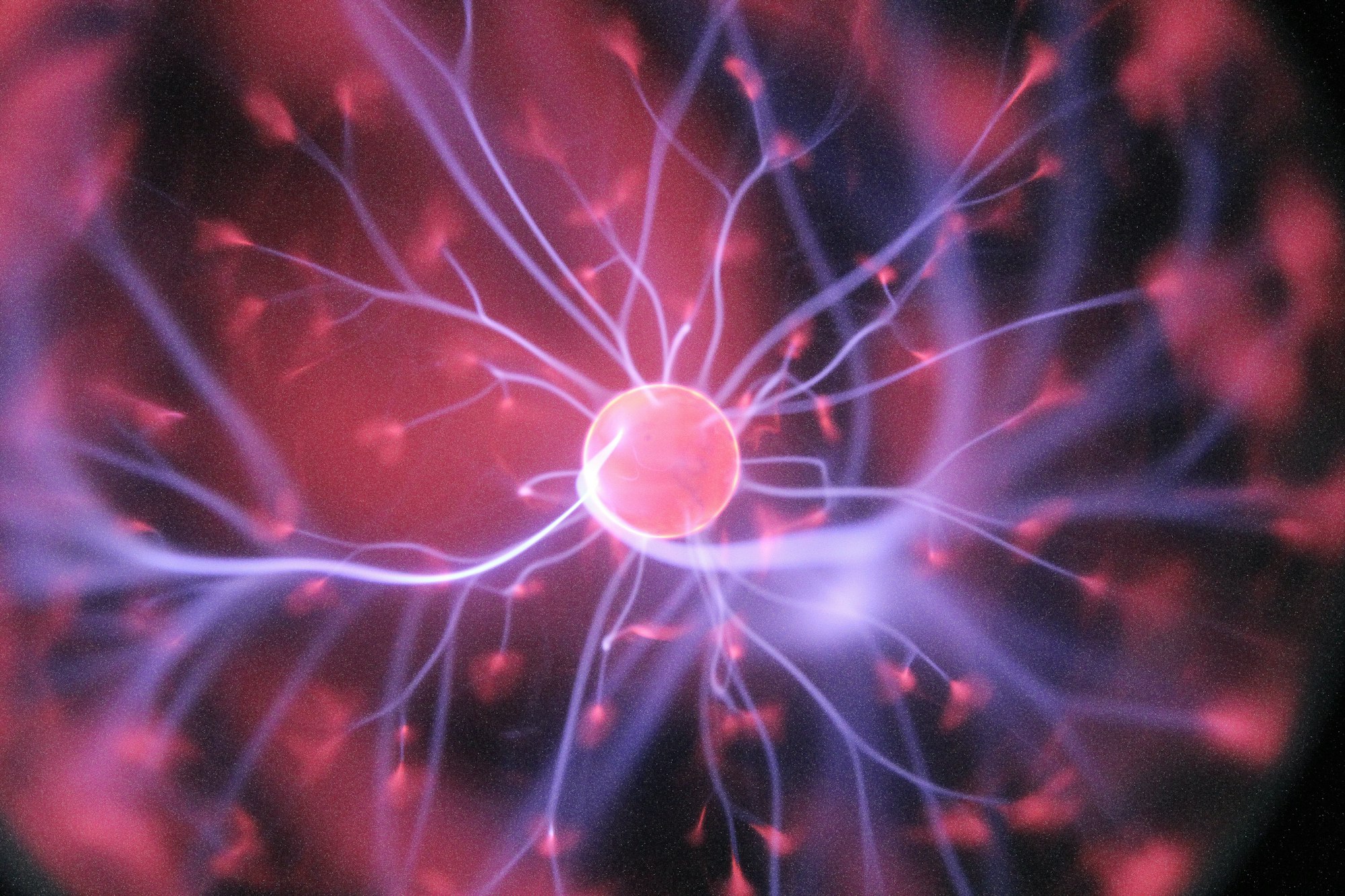Low Folate and Vitamin D Linked To Mental Health

An increase in research shows nutritional deficiencies are linked to many diseases. The study, link here, compares two groups, non-psychosis to first-episode psychosis patients. Subsequently, this study cites folate and vitamin D were significantly low.
Mental Health Low Folate and Vitamin D
First of all, psychosis episodes vary greatly with each person. First-episode psychosis is an event in which a person experiences a departure from reality. Some will need medication while others need talk therapy. To clarify any questions follow up with your primary care doctor for a first-episode psychosis.
What is Folate and Vitamin D?
Folate naturally occurs in green vegetables while folic acid is the synthetic form of vitamin B9. Vitamin D is not readily available in most food, and unfortunately, certain foods provide only marginal levels of vitamin D.
Folate is in green vegetables. Broccoli, spinach, avocado, asparagus, and okra are folate dense. The greatest source of vitamin D is from the sun. As an indoor working society, vitamin D levels are usually low.
Also, some believe vitamin D levels are a worldwide epidemic. Link here. With fall and winter ahead, it’s more difficult to get enough sun. Therefore, the best way to get vitamin D is through supplementation. Most noteworthy, vitamin D3 is the best form of supplementation.
Above all, this further shows the importance of a balanced diet and sun exposure/ vitamin D3 supplementation. According to the study, more research is needed to establish a baseline deficiency for folate and vitamin D.
For more information about Structural Chiropractic in Birmingham, Alabama, click here.
For more health news, click here.
